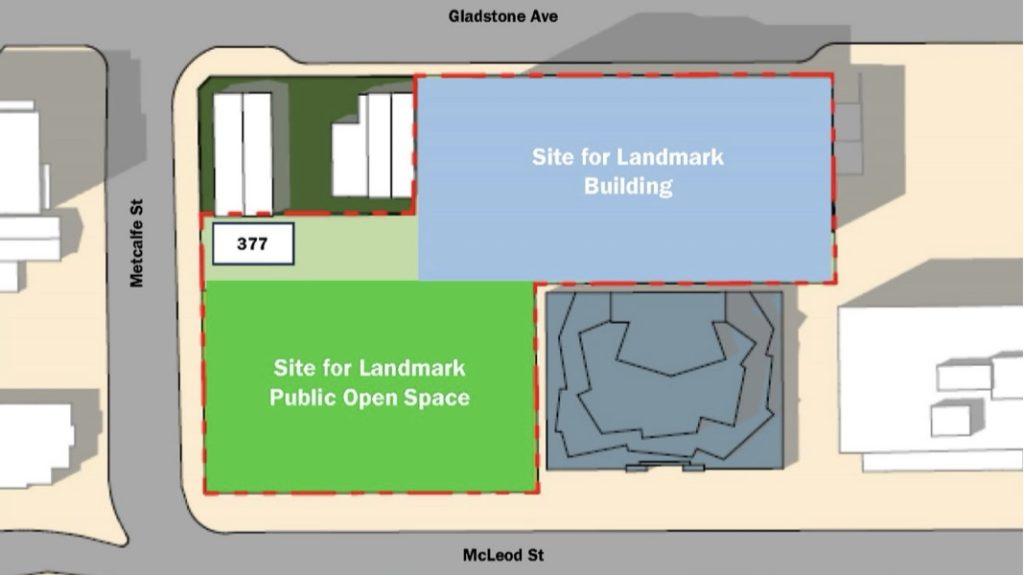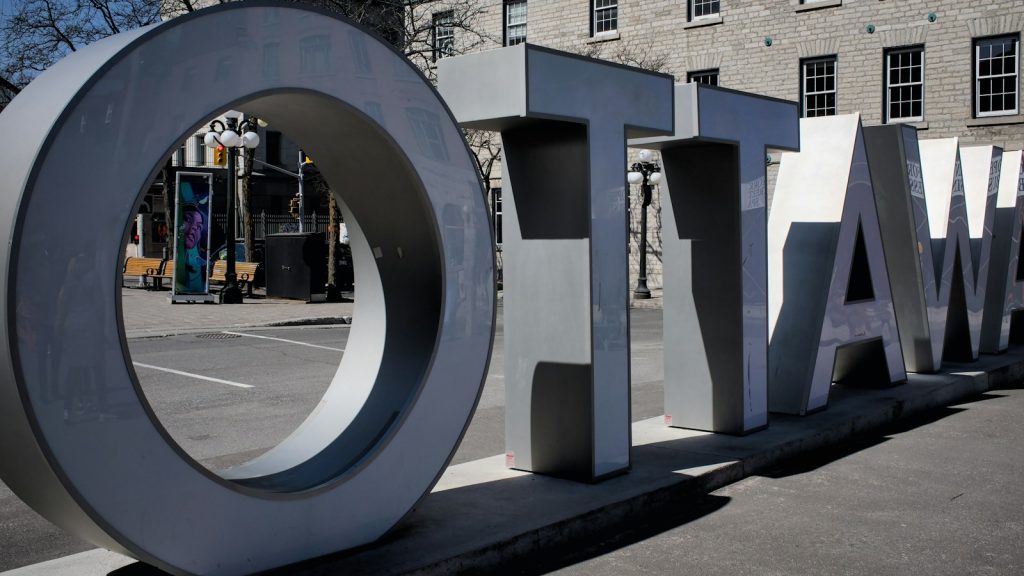‘All we can do is wait:’ Ottawa man’s family desperately searching for liver donor
Posted Jan 17, 2021 09:20:00 PM.
It was late in the summer of 2019 when Ottawa resident Robert Eros’ life changed forever.
He wasn’t feeling well. He was experiencing pain and his skin started to turn yellow, so he and his wife went to the emergency room to see what was wrong with him.
Then they got a diagnosis his wife Melanie can only describe as “grim,” “sudden,” and “terrible.”
Robert had hepatocellular carcinoma, a cancer of the liver — and if he was going to survive past a year, he would need a liver transplant from a live donor.
“The doctors decided to give him target chemotherapy to slow down the progress of the disease, and he did three treatments, of which two worked very well,” Melanie said. “They slowed down the tumour, and the tumours responded and the progress of the disease slowed down and it became more helpful.”
The third, however, didn’t take, and Robert was told in the Fall that he would not be able to survive other targeted chemo treatments.
Then on December of last year, he was placed on the transplant list, which would put him in line to receive a deceased donor’s liver.
It gave Robert and his family renewed hope.
But Robert and Melanie wanted to cover every avenue they could before it was too late, so they turned to the people they knew, but no one was a match.
Now the father and grandfather is in a race against time.
Robert was among the 3,100 Canadians diagnosed with liver cancer that year, according to the Canadian Cancer Society — 2,300 of which were men.
And with the clock ticking, Robert and Melanie have decided to make a public plea to find a matching donor for Robert — so far, however, there’s been no luck.
The problem is, if the cancer spreads throughout his body, he will not be eligible for a liver transplant.
The whole ordeal from start until now has been a shock for Robert and Melanie.
Robert, who was born in Romania but is a resident of Ottawa, worked as a telecom engineer for Nortel and JDS Uniphase.
Melanie says he lived a very healthy and active lifestyle.
When Robert retired in 2015, he and his wife were looking forward to a peaceful retirement.
But the diagnosis has derailed their plans — at least for now.
The couple has one son who lives in Britain with his partner, so they’ve had to rely on friends and neighbours to help them out.
“We have friends and they have been absolutely wonderful throughout this time,” Melanie said. “They helped us with shopping when Robert couldn’t drive…We cannot have gone through this without them, and our neighbours.”
Not knowing where to start looking for a live donor, Robert and Melanie were told to contact Heather Badenoch through Toronto General’s transplant centre, another Ottawa resident who could help them.
Badenoch, 45, was a liver donor herself three years ago. She is also a communications specialist and helps those looking for donors by creating online campaigns for them.
The three were in contact and on January 10, Badenoch had published a Facebook page for Robert to help him find a donor.
“It’s really cool to see how these public appeals work,” Badenoch said. “So then I started volunteering to do their own public appeals because a lot of people don’t know how to make their Facebook page and can be confused by it. It’s been cool to help get other people get their livers.”
And while the Facebook page has been steady with inquiries, a match hasn’t been found yet.
To be a match, the donor needs a blood type of O+, O-, B+ or B- (Robert’s blood type is the rare B).
Donors must also be between the ages of 18 and 60 and relatively healthy.
The testing can be done in Ottawa, however, the surgery would take place in Toronto.
Donating might sound intimidating, Badenoch says, but she assures it’s an easy process with a quick recovery time.
In fact, it was a very rewarding and amazing experience for the professional.
Badenoch explains that the surgery for the donors take about eight hours, which just feels like a very long nap.
“The donors, in some ways, have the easiest part of this [process],” Badenoch explained. “Because on the day of the transplant we take this very long nap and it’s the transplant team that does all the work. We wake up and a part of our liver has gone to someone else.”
Depending on your weight and age, doctors can take anywhere between 20 and 75 per cent of your liver, which will grow back in about two months.
The donor then stays in hospital for four to six days to recover. Then there’s a recovery period at home, which can take anywhere between two and three months.
Badenoch says that when she underwent her donation, she was back at her desk job in no time — although she was told not to lift heavy things, and to even avoid cutting blocks of cheese (because that manoeuvre uses a lot of ab muscles).
With that information, Badenoch hopes she can ease any concerns for people who are thinking about throwing their hat in the ring.
“[We] felt quite confident that the placement on the waiting list would be followed by a transplant within a year as the doctors’ estimation suggested,” Melanie said. “Then the pandemic happened and everything got more complicated.”
Melanie added, “Our time is very short and Robert is getting weaker and metastasis can occur at any time.”
To apply and for more information on how to become a donor, visit the link here.
“Now,” Melanie said, “all we can do is wait.”










